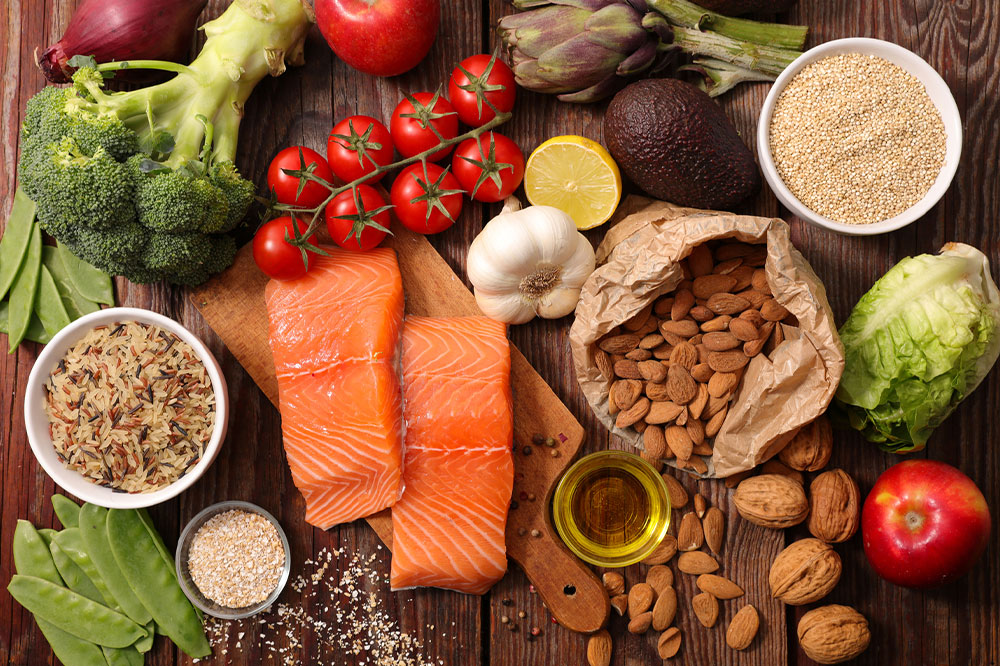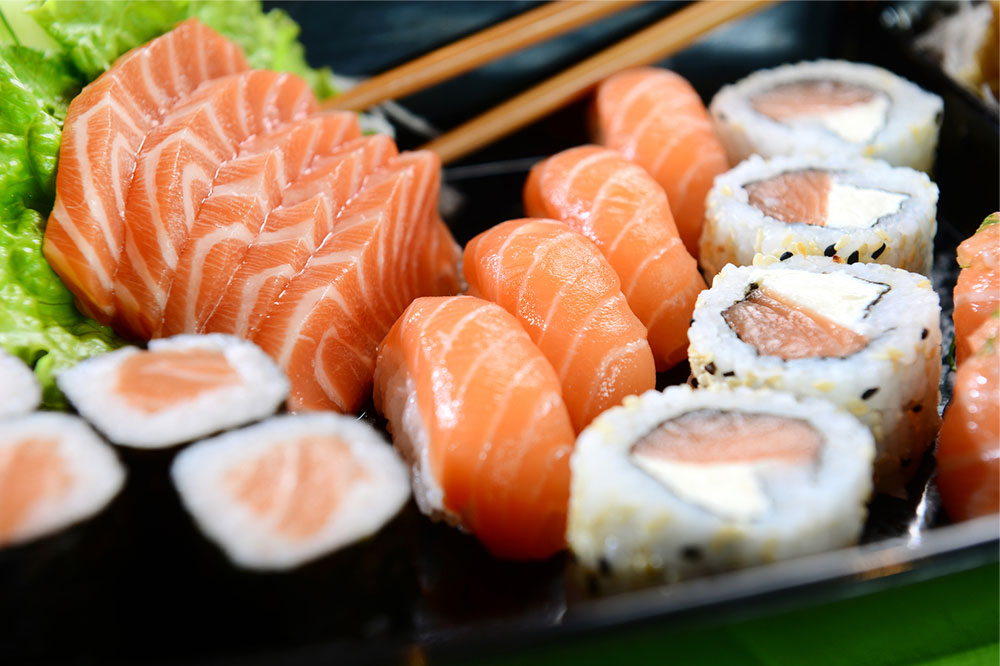Essential Nutritional Tips for Reducing Breast Cancer Risk
Explore key dietary habits that can lower breast cancer risk, including beneficial foods like leafy greens and omega-3 fish, alongside foods to avoid such as alcohol and processed items. Learn about supportive medications like Pegfilgrastim biosimilars used during cancer treatment. This guide emphasizes nutrition's role in prevention and recovery from breast cancer.

Key Nutritional Strategies to Lower Breast Cancer Risk
Breast cancer is one of the most prevalent cancers among women worldwide, though it can also affect men in rare cases. It often results from genetic mutations or DNA damage. Making specific dietary adjustments can influence one’s susceptibility to this disease and support treatment. Here, we explore which foods may help protect against breast cancer and which to avoid to reduce risk.
Beneficial Foods
Incorporating certain nutrient-rich foods can boost overall health and decrease the likelihood of developing breast cancer over time.
Examples include,
Leafy Green Vegetables
Rich in antioxidants like beta-carotene, lutein, and zeaxanthin, these vegetables—such as spinach and kale—may help diminish breast cancer risk.
Omega-3 Rich Fish
Salmon, sardines, and mackerel provide omega-3 fatty acids, vitamin E, and selenium, which protect cells from damage and support repair, offering potential cancer-preventive benefits.
Foods to Limit or Skip
Some foods can elevate the risk of breast cancer and should be consumed sparingly or avoided.
Foods like alcohol and processed items are common culprits. Limiting alcohol reduces toxin load on the liver, decreasing cancer risk. Processed foods—often high in sugar, salt, and preservatives—may lead to obesity, a known risk factor for breast cancer.
Medications and Supportive Treatments
In breast cancer management, medications play a vital role. Pegfilgrastim-based drugs like Neulasta stimulate white blood cell production, helping prevent infections during chemotherapy. Alternatives such as Fulphila (by Mylan) and Nyvepria (by Pfizer) are FDA-approved biosimilars that also support immune health in cancer patients by reducing infection risks associated with chemotherapy-induced neutropenia.
Important Notice:
Information provided aims to inform and educate but should not replace professional medical advice. Always consult licensed healthcare providers for diagnosis and treatment decisions. Use this content responsibly and seek personalized medical guidance for health concerns.










